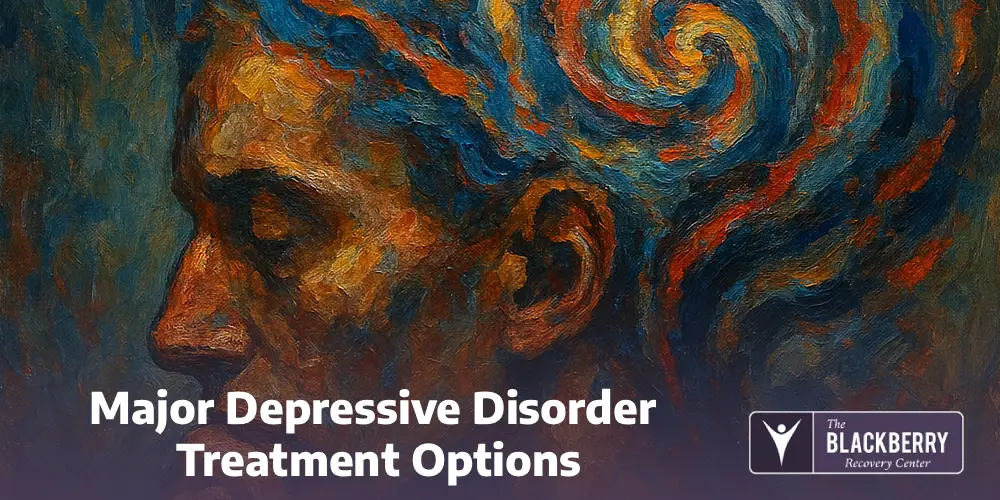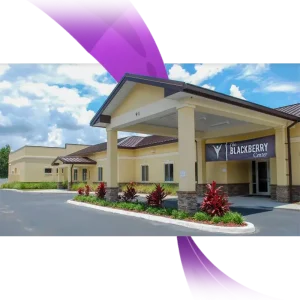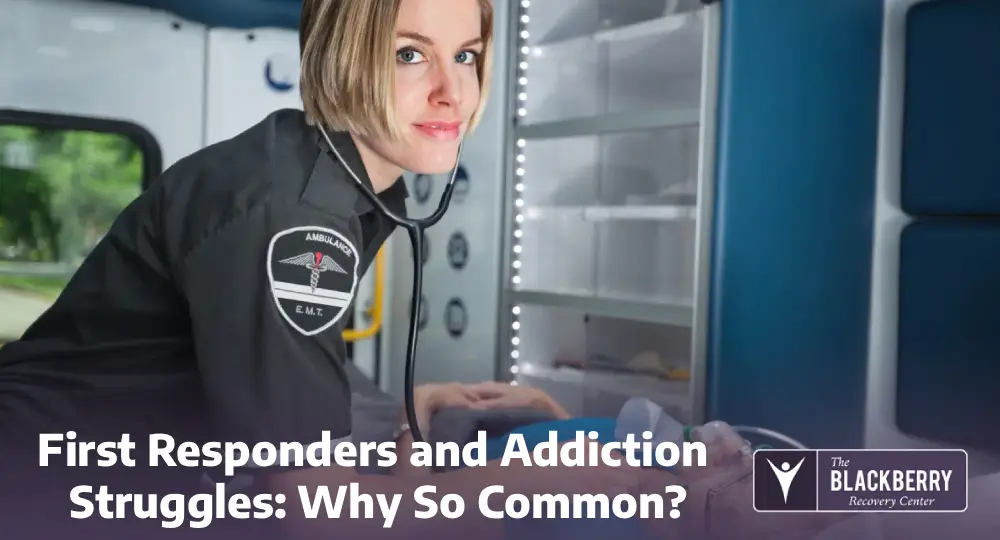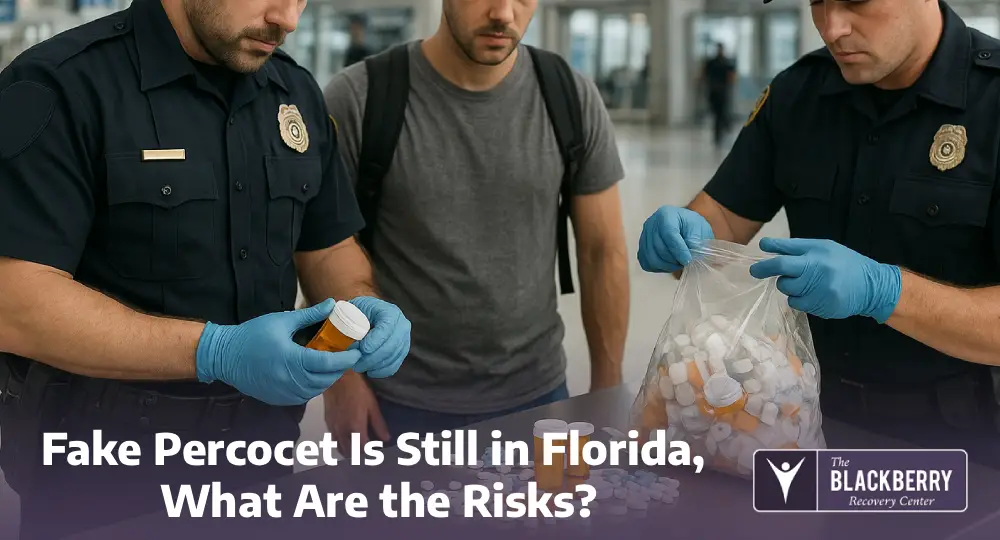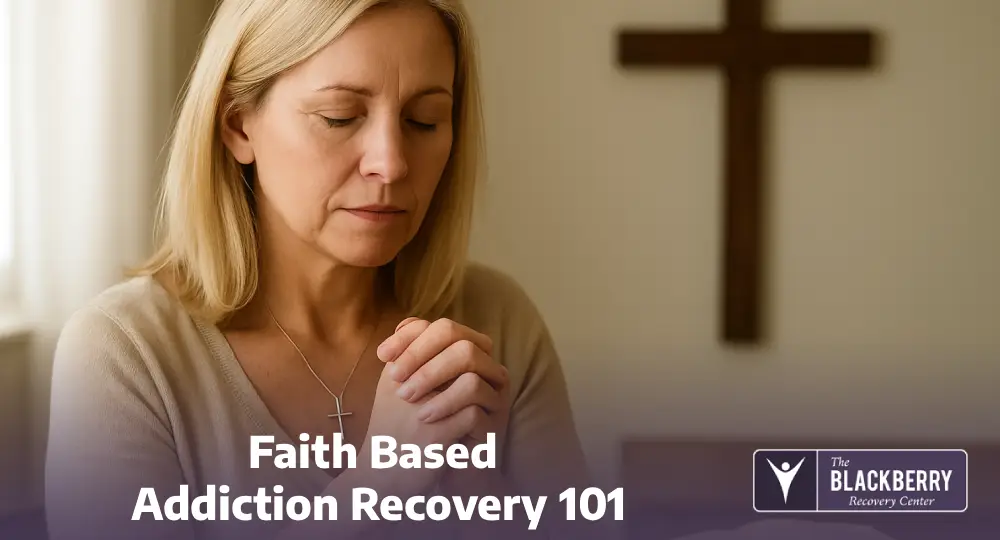Everybody has moments where they feel sad, unmotivated, or hopeless. However, for people with depression, this depressed mood doesn’t just go away. A major depressive episode can be dangerously intense and cause serious side effects. It’s important to know that depression is a mental illness that requires professional mental health treatment. However, for people affected by this disorder, major depressive disorder treatment options are just as important.
Today, we will walk you through major depressive disorder treatments so that you can understand what your options are when it comes to treating depression. Here, you will learn what major depressive disorder treatments look like, how they will help you, and where you can find treatment for mental health conditions in central Florida.
What Is Major Depressive Disorder?
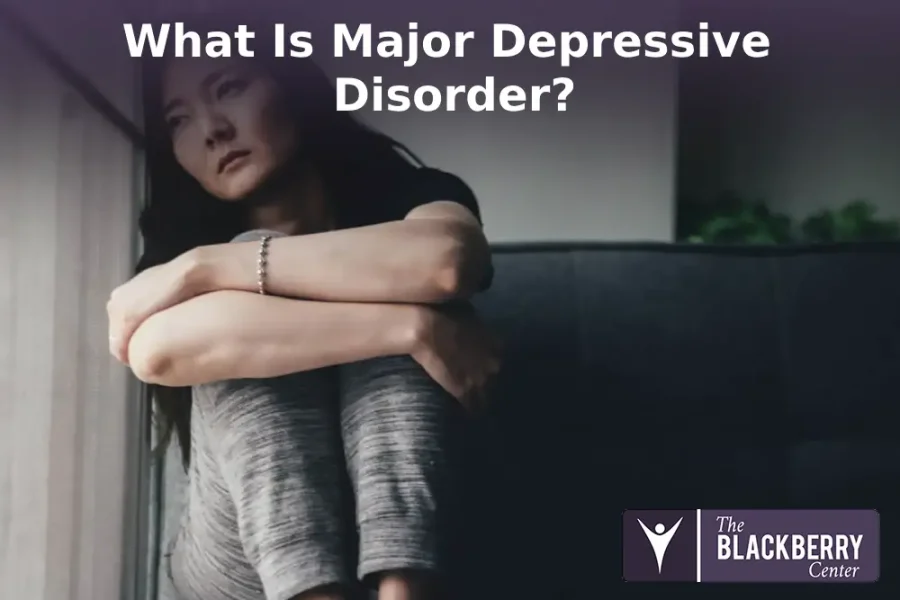
What Is Major Depressive Disorder?
Major depressive disorder is a form of depression that affects millions of people in the United States each and every year. The National Institute of Mental Health defines major depressive disorder as a mood disorder that can influence the way that you behave, think, and feel on a daily basis.
In order to be diagnosed with major depressive disorder, you must fit at least five of the characteristics or criteria for this mental illness as shown in the Diagnostic and Statistical Manual of Mental Disorders (DSM-5). These symptoms of depression include:
- Depressed mood
- Loss of interest in hobbies and activities
- Changes in weight
- Shifts in sleep behaviors (sleeping too much or too little)
- Fatigue
- Feelings of hopelessness
- Suicidal thoughts
If you have had any of these signs listed above, you might be experiencing the symptoms of major depressive disorder. Without proper treatment, all of these symptoms can lead to other mental health conditions and concerns, such as a substance use disorder. Many times, people with depression turn to drugs or alcohol to cope with their emotional distress. But addiction can be incredibly dangerous and lead to physical, emotional, and mental side effects.
Finding treatment for depression is the first step toward healing. This is especially important if you feel unsafe or are in a crisis situation. Please be sure to seek professional help immediately to keep yourself safe.
Major Depressive Disorder Treatments
Talk Therapy
Talk therapy is one of the traditional and most effective major depressive disorder treatments. As this therapy suggests, you would work with a mental health professional to discuss your thoughts, feelings, and worries. But talk therapy is so much more than this.
Talk therapy usually consists of individualized therapy sessions that work to help you identify the root or the cause of your mental health conditions. Mental health conditions like depression can come from biological factors (such as being passed through families), environmental factors, or through experiencing certain life traumas.
In talk therapy, the mental health professional you work with will help you to work through complicated emotions and learn important coping strategies to cope with a major depressive episode. Your therapist might use specific therapeutic techniques such as cognitive behavioral therapy (CBT) that are meant to retrain your brain’s automatic response to stressful situations.
By learning how to talk through the stress and manage your mental illness symptoms, you will then be able to take these skills and continue to apply them whenever struggles reappear.
Group Therapy
Similar to the goals of talk therapy, group therapy sessions are meant to help you share and reflect upon others’ similar experiences of mental and emotional distress. Group therapy is really helpful for people with depression as well as for those who are struggling with addiction. This is a common element in dual diagnosis therapy, which addresses mental health conditions alongside substance use disorders.
Often, group therapy sessions can help you to feel less alone in your emotions. Knowing that others are experiencing similar things as you can help to get you out of a sense of isolation, and from there, you will have a support group to rely on whenever times get rough.
Medication Management
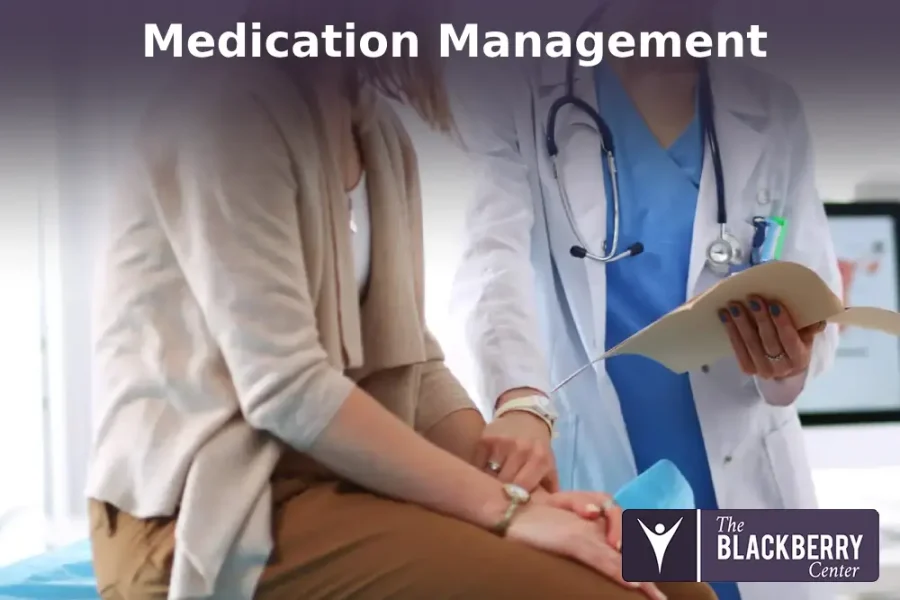
Medication Management
Having the right medication can make all the difference when it comes to major depressive disorder treatments. Antidepressants, when used as prescribed, can help to alleviate the worst of your symptoms so that you can successfully participate in counseling sessions and further mental health treatment.
Unfortunately, antidepressants can come with serious side effects that worsen your symptoms of depression. Common side effects include:
- Mood swings
- Impulsive behavior
- Nausea and changes in appetite
- Differences in sleep patterns
- Increase in suicidal thoughts
When taking any medication for mental health conditions, it’s important to have the proper supervision to manage any symptoms that appear. This way, you can change a medication if it is not working and safely move on to other options.
Recreational Therapy
One of the most glaring symptoms of major depressive disorder is losing interest in the activities you used to find enjoyable. This is why recreational therapy is one of the most effective major depressive disorder treatments.
Simply defined, recreational therapy is the use of activities and hobbies as a healthy outlet for emotional distress. When you think of recreational therapy, you might feel that it is all play and no work, but the truth behind recreational therapy is that you use specific activities to channel your emotions, find physical release of hormones that can improve your mood, and also break out of social isolation.
Recreational therapy can be anything from sports to theater to arts and crafts—and more. Not only does this give you structured space to focus on a specific task and distract you from the symptoms of depression, but it also helps you to find happiness once again.
FAQ
- What is the most common treatment for Major Depressive Disorder?
The most common treatments include a combination of psychotherapy (like cognitive behavioral therapy) and antidepressant medications. - Can lifestyle changes help with Major Depressive Disorder?
Yes, regular exercise, a balanced diet, quality sleep, and stress management can significantly improve symptoms and support other treatments. - Are medications always necessary for treating MDD?
Not always. Some people benefit from therapy alone, while others may need medication or a combination depending on symptom severity. - What advanced treatments are available for severe depression?
Options like electroconvulsive therapy (ECT), transcranial magnetic stimulation (TMS), and ketamine infusions may be recommended for treatment-resistant depression. - How long does it take for treatment to work?
Antidepressants may take 4–6 weeks to show full effects, while therapy benefits can vary. Consistency and ongoing support are key to long-term improvement.

